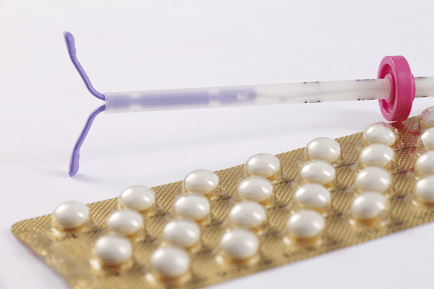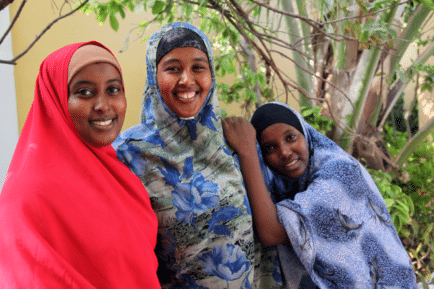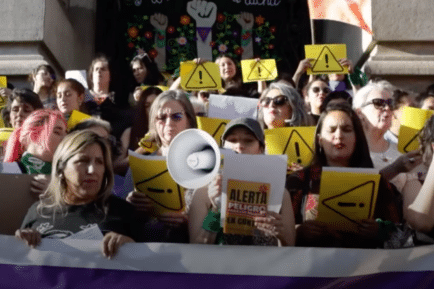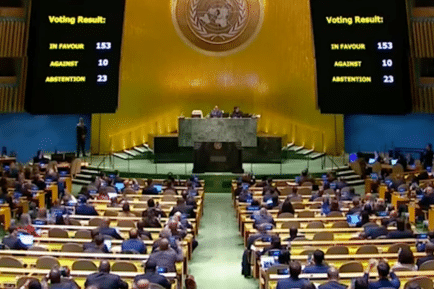
Girls & COVID
Sexual and reproductive health rights and gender-based violence
In Australia, 40% of domestic and family violence services in NSW reported a surge in clients since the outbreak of COVID-19. This frightening statistic is being replicated across the globe as millions of girls are witnessing the erosion of their sexual and reproductive health rights (SRHR) under lockdown. According to UNFPA data, for every three months the pandemic “lockdowns” continues, an additional 15 million additional cases of gender-based violence are expected. Life-saving care and support to GBV survivors may be disrupted as health service providers are overburdened handling COVID-19 cases.
A sharp increase in unintended pregnancies, sexual abuse and severely restricted access to vital sexual and reproductive health information and services have already been reported in multiple countries. Complications related to pregnancy are the number one killer of girls aged 15 to 19-years-old worldwide. According to the latest projections, a lockdown of just six months will result in 7 million unintended pregnancies, with thousands of young lives at risk. Research conducted during the Ebola crisis in Western Africa from 2014 to 2016 showed a 75 per cent increase in maternal mortality during that crisis alone due to a sharp rise in the number of unassisted births, teenage pregnancies and unsafe abortions. In some communities in Sierra Leone, teenage pregnancy rates increased by up to 65%.
We’ve partnered with Plan International Australia to publish these explainers on the impact of COVID-19 on girls internationally, for the Girls & COVID hub. You can donate direct to Plan today, to help support their efforts to create a post-COVID world where girls can take their rightful place as equals.






